Russia is still one of Turkiye’s major partners, with trade rising last year when Turkiye was in desperate need of foreign exchange earnings because of the currency crisis. Trade between Turkiye and Russia has increased since the Ukraine invasion despite Western sanctions, with hundreds of Russian companies having opened branches in Turkiye – a financial haven for Russians – to circumvent sanctions. NATO member Turkey has sought to maintain good relations with both Moscow and Kyiv during the Ukraine war. Bicak helps clients engaging in cross-border commerce to navigate compliance with sanctions, export controls, and other trade control laws and regulations in Turkey. Bicak’s integrated global team brings deep insight into relevant legal and regulatory requirements governing trade and investment activities inside and outside Türkiye.
Effects of US Secondary Sanctions in Turkey
The Ukraine / Russia-related Sanctions program represents the implementation of multiple legal authorities in the US. Some of these authorities are in the form of an executive order issued by the President. Other authorities are public laws (statutes) passed by The Congress. These authorities are further codified by the U.S. Department of Treasury’s Office of Foreign Assets Control (OFAC) in its regulations which are published in the Code of Federal Regulations (CFR).
Ukraine conflict
Russia’s invasion of Ukraine, which began on 24 February 2022, has been widely condemned by the international community, with notable exceptions including India and China. The ‘specialist military operation,’ as it has been called by Russia’s President Putin, marked a dramatic escalation of the conflict that began in 2014 with Russia’s annexation of the Crimea and the uprising of Russian-backed separatists in part of the Donbas region.
Russia’s hopes of a quick victory were frustrated as its forces met considerable resistance by determined Ukrainians, armed by some NATO countries and allies, and it was compelled to abandon its objective of capturing Kyiv. At the time of writing, Ukrainian forces have launched an offensive to recapture areas occupied by Russia; the outcome of the conflict is highly uncertain.
Numerous packages of sanctions have been introduced to weaken the Russian economy and encourage Russia to cease its actions in Ukraine. Financial, trade, shipping and immigration restrictions have been imposed by many Western countries, notably the EU, the US and the UK, with new sanctions implemented on a very regular basis, not always synchronised between the various regimes, creating confusion for operators across the industry. Many major companies have been keen to distance themselves from trade and business in or with Russia and Russian entities. Industry players are avoiding doing business with Russians even if they are not on the official sanctions list, from fear of being inadvertently caught by sanctions in cases where ultimate ownership is not clear. The EU has prohibited provision of a wide range of services to Russia, including accounting, auditing, tax consulting, business and management consulting, public relations services, IT consultancy, legal advice and advertising.
Legal Framework of for the Ukraine – Russia related Sanctions
The United States, through OFAC, employs economic sanctions programs for a variety of purposes, including:
- Diplomatic,
- Criminal Enforcement,
- Economic,
- Humanitarian; and
- National Security.
Initially, economic sanctions were adopted pursuant to the 1917 Trading with the Enemy Act (TWEA). Modern sanctions, since 1977, have largely fallen under the statutory authority of the International Emergency Economic Powers Act (IEEPA).
Who is Regulated
Contrary to popular belief, OFAC economic sanctions programs do not regulate the targeted nations, persons, and organizations. Rather, all economic sanctions regulate United States persons. A United States person includes:
- US citizens, wherever located,
- Permanent U.S. resident aliens (also known as lawful permanent residents or LPRs), wherever located,
- Entities organized under U.S. law (e.g., corporations),
- All entities and persons located in the United States; and
- Entities owned or controlled by U.S. citizens
Types of Economic Sanctions
Currently, there are numerous economic sanctions programs that target countries, persons, entities, and organizations. The traditional type of economic sanctions are country-based sanctions, which prohibit virtually all activity and transactions involving a certain country. The U.S. government has begun to use other kinds of sanctions known as list-based sanctions. List-based sanctions (also known as smart sanctions), target particular persons, entities, and organizations, rather than an entire nation or regime. In the last five or so years, the U.S. has been implementing a new kind of supplementary sanction, known as secondary sanctions, which target third country actors doing business with targeted regimes, persons, and organizations.
Secondary Sanctions
Secondary sanctions are a relatively new kind of sanction that has been implemented frequently over the past five years. These kinds of sanctions supplement other sanctions programs by targeting non-U.S. persons (primarily foreign financial institutions and foreign sanctions evaders) who do business with individuals, countries, regimes, and organizations in other countries. Secondary sanctions have been implemented frequently by the US, particularly in relation to Iran and North Korea and, to a lesser extent China and Russia (before its invasion of Ukraine in February 2022).
Once designated, secondary sanctions can prohibit U.S. persons from doing business with that foreign financial institutions or require U.S. banks to limit or restrict that foreign financial institution’s correspondent accounts in the United States.
For the US, secondary sanctions are an important foreign policy tool, as they are aimed at influencing decision-making processes in other jurisdictions. Whereas primary sanctions are enforced through civil or criminal penalties, secondary sanctions target business activities and force foreign persons to forego otherwise legal transactions with sanctioned persons that are occurring outside the US jurisdiction.
Suspention of Mir Cards in Turkey
Turkey has suspended payments processing through Mir cards issued by Bank of Russia’s National Card Payment System shortly after the United States imposed sanctions against Volodymyr Komlev, the general director of the National Payment Card System of Russia, which manages the “Mir” payment card system. Turkish state banks Ziraat Bank, Vakifbank and Halkbank stopped cooperation with the Russian payment system “Mir”. Earlier, the private banks İş Bankasi and DenizBank refused this cooperation.
Both public banks and private banks in Turkey suspended their use of the Mir system after Washington expanded its sanctions on Russia, including targeting the entity that runs the payment system. Since there were clear complaints about the Russian Mir payment system where the Turkish banking system accepted transactions based on Russian credit cards, Turkiye ultimately withdrew from this system,
Mir Card Payment System
The Russian Mir card payment system is operated by the Russian National Card Payment System, a wholly owned subsidiary of the Central Bank of Russia. While Mir does not actually issue cards, it provides financial institutions with Mir-branded payment products that they then use to offer credit, debit, or other programs to their customers.
The National Payment Card System (NSPK) was established in July 2014 following sanctions against Russia earlier that year, which left Russian cardholders and merchants temporarily unable to transact on the international card networks. By December 2015, NSPK had developed the technical infrastructure and commercial agreements to begin card issuance and ATM and POS acceptance for MIR.
All Russian banks that are members of the international card networks process and clear via NSPK. MIR is already accepted at more than 85% of POS terminals in the country, in neighbouring countries through the exchange of BIN tables and internationally via co-branding deals with international card brands, including Amex, JCB and Maestro.
EU and US Sanctions against Russia
In the context of recent EU and US sanctions against Russia, Mir has been promoted as an alternative to Visa and Mastercard, which shut off their Russian networks in February 2022. However, Turkish banks have completely ceased the facilitation of transactions through the Russian payment system MIR in Sptember 2022, following significant pressure and the threat of sanctions from the United States.
The stance taken by both state and private banks comes as Western nations have been concerned over increased economic ties between Turkey and Russia. Their response can be viewed as an indicator of the power of secondary sanctions. Their action follows the US Treasury writing to large Turkish businesses to warn of penalties being imposed if they maintain commercial ties with sanctioned Russians.
Rising trade relations with Moscow
The recent US announcement to impose export controls on several Turkish companies for allegedly doing business with Russia has stirred debate on the effectiveness of the sanctions and whether Ankara should respond in some manner to protect its rising trade relations with Moscow.
Difficult Choice
The imposition of secondary sanctions is meant to manoeuvre companies, banks or individuals into making a difficult choice. The choice is whether to continue doing business with the sanctioned entity or with the US – but it is not possible to do both. Secondary sanctions rely heavily on the importance of the US financial system and the use of the US dollar as a global reserve currency. Because of the primacy of the US dollar, most companies prioritise keeping good relations with the U.S.
The US Office of Foreign Assets Control (OFAC) has, in the past, responded rather slowly if countries tried to seek clarity on the secondary sanctions and the need to apply for exemptions. This unpredictability has led to many companies and banks over-complying with the sanctions in order to not risk violating them inadvertently – as the consequences of such a violation could be economic hardship and disrupted business relationships.
Sanctions on Turkish Companies and Turkish Nationals
On 14’th September 2023, the USA imposed sanctions on five Turkish companies and a Turkish national, accusing them of helping Russia evade sanctions and supporting Moscow in its war against Ukraine. Margiana Construction Foreign Trade Limited Company, CTL Foreign Trade Limited Company, Demirci Bilişim Ticaret Sanayi Limited Company, Denkar Ship Construction Incorporated Company, ID Ship Agency Trade Limited Company and its owner İlker Doğruyol are the Türkiye-based companies that are sanctioned by the US.
On 11’th October 2023, the Bureau of Industry and Security (BIS) the End-User Review Committee (ERC), determined to add the following two Turkish entities to the Entity List; LL Chip Elektrik Elektronic Paz and Scitech Tasimacilik Ticaret Limited. These two entities have been determined by the U.S. Government to be acting contrary to the national security or foreign policy interests of the United States. These entities are added to the Entity List for providing support to Russia’s military and/or defense industrial base.
As a result of these actions, all property and interests in property of the persons above that are in the United States or in the possession or control of U.S. persons are blocked and must be reported to OFAC. In addition, any entities that are owned, directly or indirectly, 50 percent or more by one or more blocked persons are also blocked. All transactions by U.S. persons or within (or transiting) the United States that involve any property or interests in property of designated or blocked persons are prohibited unless authorized by a general or specific license issued by OFAC, or exempt. These prohibitions include the making of any contribution or provision of funds, goods, or services by, to, or for the benefit of any blocked person and the receipt of any contribution or provision of funds, goods, or services from any such person.
How an OFAC Lawyer Can Help?
With numerous comprehensive, overlapping, and selective sanctions programs in existence, Turkish persons may inadvertently violate or confront an issue with OFAC sanctions. Moreover, persons who may want to undertake a project or investment that presently conflicts with OFAC sanctions, or may in the future form the basis for designation as a target (e.g., secondary sanctions), may want to consult with an OFAC attorney.
Prior to engaging in any commercial activities, individuals and businesses should determine whether their proposed activities are in compliance with the law. An OFAC lawyer can help by explaining the current sanctions programs that are in place, and further explain what steps are necessary to ensure OFAC compliance moving forward.
We regularly advise on a broad range of complex and sensitive matters for clients whose international business activities involve the movement of goods, services, and technology across borders, and whose trade and investment activities may be controlled for national security, foreign policy, anti-terrorism, crime control, or non-proliferation reasons. We advise and defend companies across industries, including in the financial, energy, technology, media, manufacturing, and professional services sectors. We are active at the cutting edge of the application of sanctions and export laws to digital asset, fintech, and e-commerce businesses. We help clients handle issues that arise in the context of government inquiries and investigations, settlements of enforcement actions, audit committee and internal investigations, corporate due diligence, and complex cross-border transactions.
Removal from Sanction List
Being designated and identified on the OFAC SDN List can be devastating. In addition to the immediate economic consequences it brings, it can completely destroy a company or person’s reputation and relationships. While the designations are sudden and severe, there is an administrative process for removal from the OFAC SDN List. If a targeted party can show either a factual or legal mistake in the designation or can demonstrate or propose a change of circumstances that negates the basis of the designation, they have a good chance of being removed. The OFAC lawyers at Bicak specialize in this specific type of OFAC case and have been highly successful in seeking the removal of parties designated under a variety of sanctions programs.
The process of seeking removal from the OFAC SDN List is complex and requires expert legal guidance. Engaging the services of experienced OFAC lawyers specializing in SDN List removal can significantly enhance the chances of a successful outcome and help clients regain their financial stability and reputation. If you are in need of assistance in being removed from the OFAC SDN List or if you have questions on how to seek delisting from OFAC, do not hesitate to contact us.
 English
English Türkçe
Türkçe Français
Français Deutsch
Deutsch

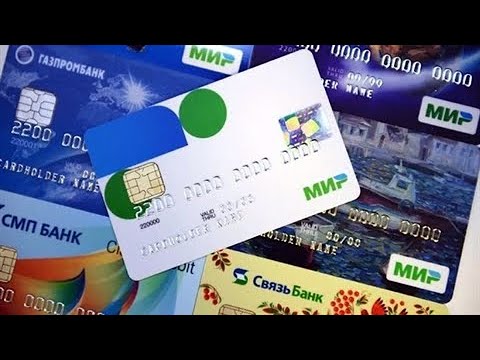
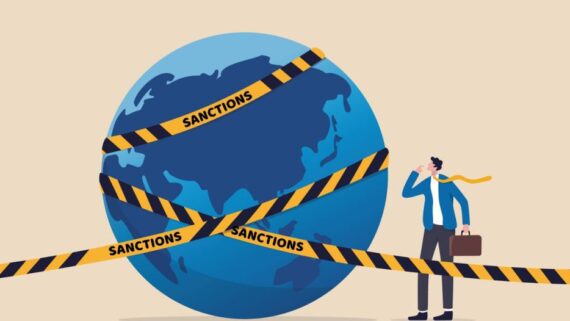

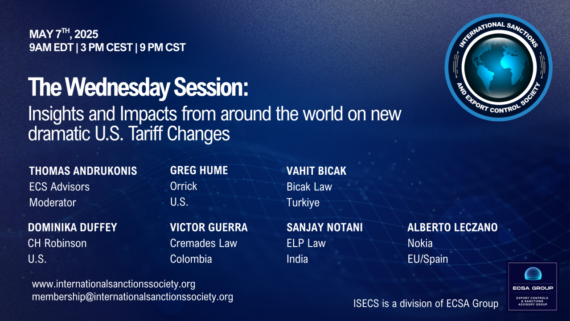
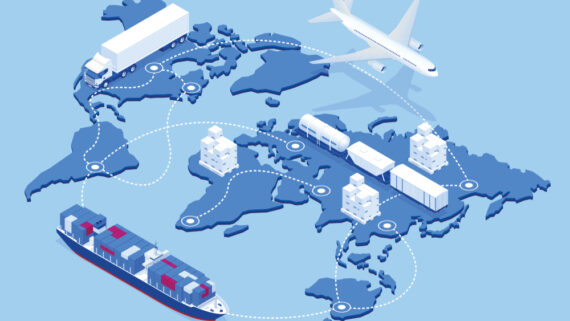

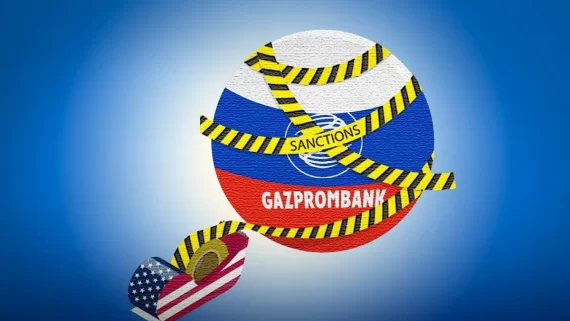
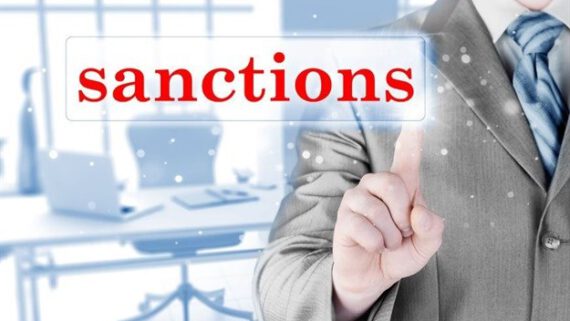
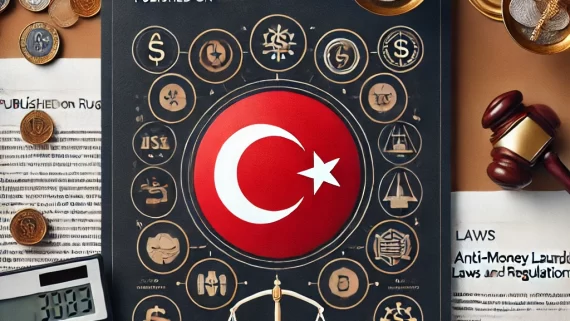
Comments
No comments yet.